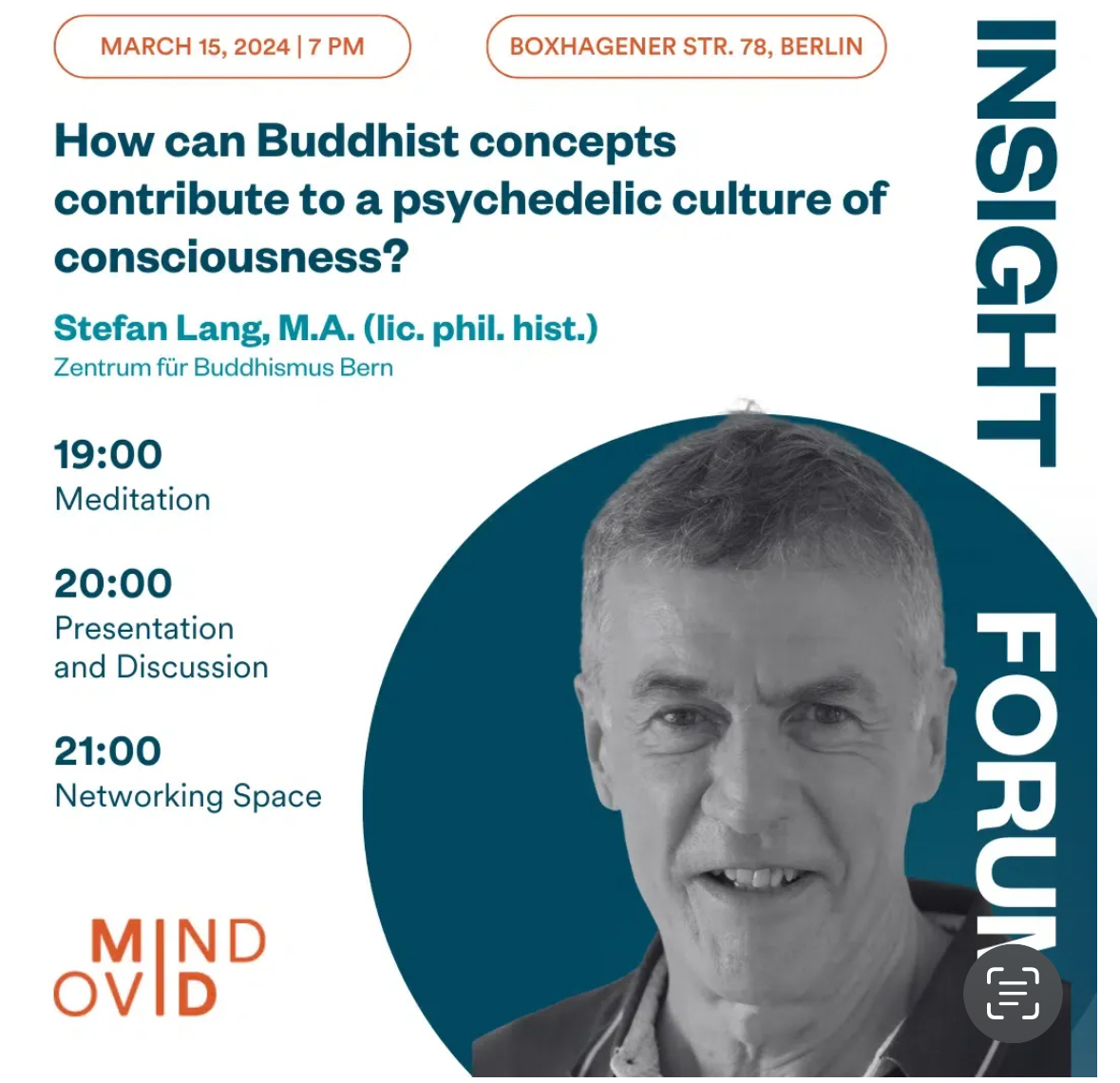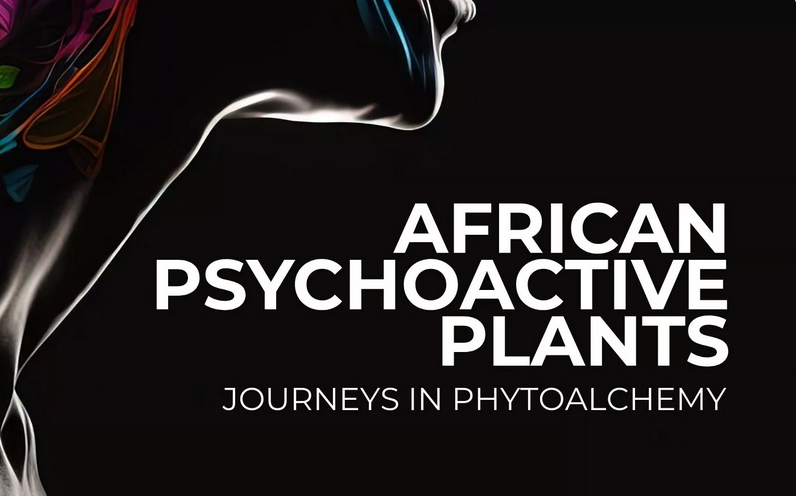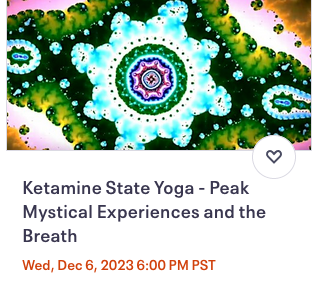Experiences of Awe Mediate Ketamine's Antidepressant Effects: Findings From a Randomized Controlled Trial in Treatment-Resistant Depression (Aepfelbacher, et al, 2024) https://pubmed.ncbi.nlm.nih.gov/38726038/
“ Ketamine infusion strongly induced heightened feelings of awe, and these experiences consistently mediated depression outcomes over a 1- to 30-day period, unlike general dissociative side effects. The specific awe-inspiring properties of ketamine may contribute to its antidepressant effects.”



“After assessing the semantic similarity between 15,000 reports linked to the use of 165 psychoactive substances with 625 NDE {Near Death Experience} narratives, we determined that the N-methyl-D-aspartate (NMDA) receptor antagonist ketamine consistently resulted in reports most similar to those associated with NDEs. Ketamine was followed by Salvia divinorum and a series of serotonergic psychedelics, including the endogenous serotonin 2A receptor agonist N,N-Dimethyltryptamine (DMT). This similarity was driven by semantic concepts related to consciousness of the self and the environment, but also by those associated with the therapeutic, ceremonial and religious aspects of drug use. Our analysis sheds light on the long-standing link between certain drugs and the experience of “dying“, suggests that ketamine could be used as a safe and reversible experimental model for NDE phenomenology, and supports the speculation that endogenous NMDA antagonists with neuroprotective properties may be released in the proximity of death.” (Neurochemical models of near-death experiences: A large-scale study based on the semantic similarity of written reports, Martial, et al, 2019).
Here ketamine, like DMT, is hypothesized to act on similar receptors to form similar brainwaves, with similar subjective experiences related to proximity to death.
More here— https://psychedelic-institute-of-mental-health.ghost.io/does-the-psychedelic-experience-matter/